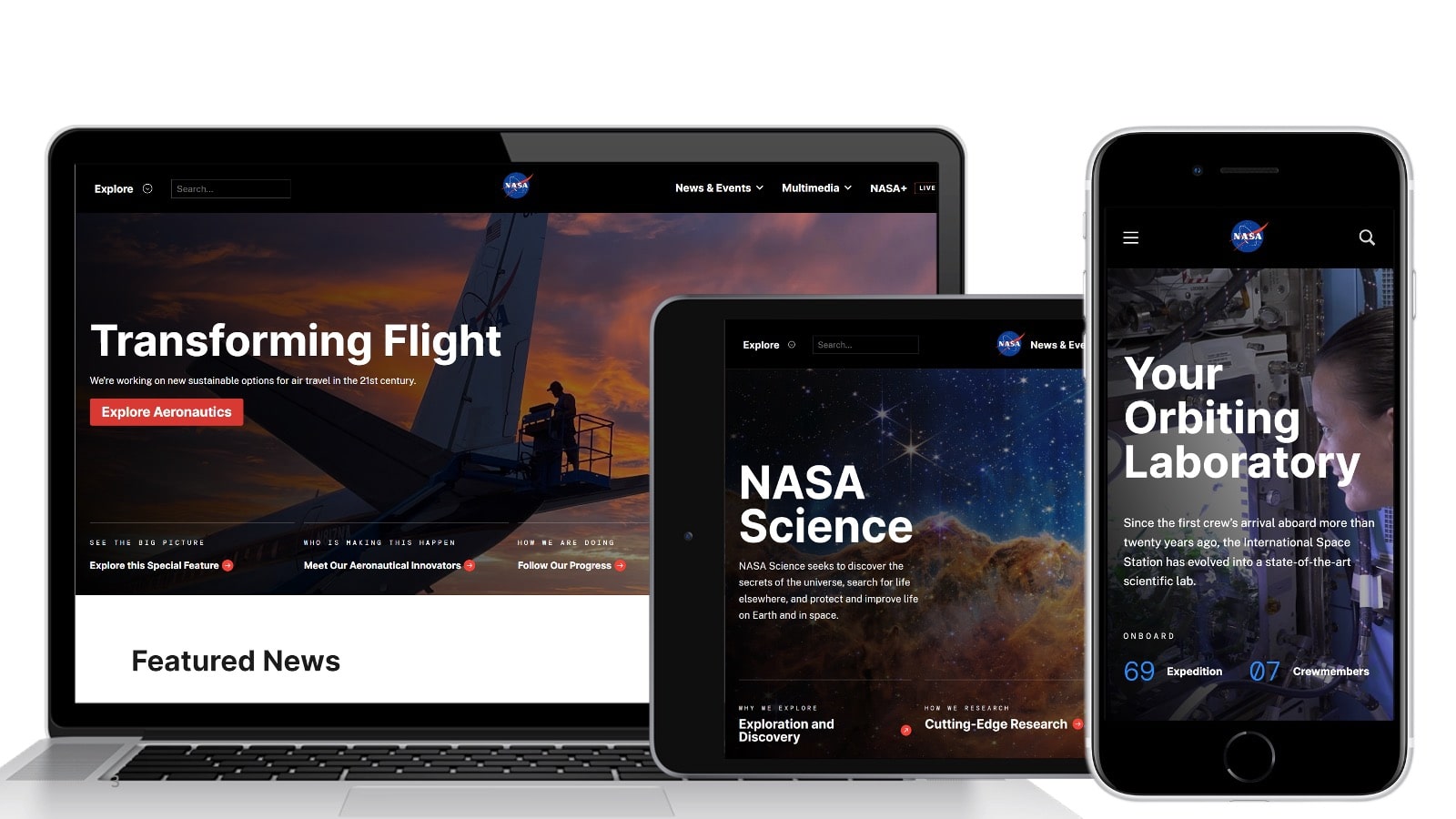NASA is getting in on the “+” streaming action. The government agency announced that it’s going to launch a new streaming service later this year called NASA+. The ad-free, no-cost streaming service will include live coverage of future launches, documentaries and new original series that will be exclusively available on the platform.
“We’re putting space on demand and at your fingertips with NASA’s new streaming platform,” said Marc Etkind, NASA’s associate administrator of communications, in a statement. “Transforming our digital presence will help us better tell the stories of how NASA explores the unknown in air and space, inspires through discovery, and innovates for the benefit of humanity.”
NASA+ will be available via the NASA app on iOS and Android mobile and tablet devices, along with streaming media players such as Roku, Apple TV and Fire TV.
The streaming service will also be accessible on the web via the agency’s new beta website. The new web experience will be home to information about the agency’s missions and research, climate data, Artemis updates and more. The updated nasa.gov and science.nasa.gov websites will provide a topic-driven experience, with a common search engine and integrated navigation.

Image Credits: NASA
The agency currently uses NASA TV for its video content and launch streams. It runs a 24/7 slate of content on both the NASA site and YouTube. By launching its own streaming service, NASA is creating a dedicated space for viewers to access its content.
NASA CIO Jeff Seaton said in a press release that modernizing the agency’s main websites and streamlining how the public engages with its content online are the first steps toward making NASA’s information “more accessible, discoverable and secure.”
It’s unknown what the streaming service will look like, but given that the agency says it’s focusing on modernizing and streamlining its content, we will likely see an interface that is similar to those that we have become accustomed to with other streaming services.















 English (US) ·
English (US) ·